
KGUN 9: ‘Bag It’ helps cancer patients navigate the road to recovery
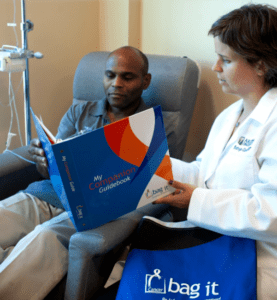 KGUN 9 News Anchor and Reporter Pat Parris Interviews colon cancer survivor Ingrid Jacobs and Bag It Cancer’s Executive Director Mindy Griffith about the impact the resources in the Bag It Bag have had on cancer patients. Every month KGUN 9 features a local nonprofit for our Giving Project and Bag It is their charity for the month of February, 2023.
KGUN 9 News Anchor and Reporter Pat Parris Interviews colon cancer survivor Ingrid Jacobs and Bag It Cancer’s Executive Director Mindy Griffith about the impact the resources in the Bag It Bag have had on cancer patients. Every month KGUN 9 features a local nonprofit for our Giving Project and Bag It is their charity for the month of February, 2023.
We invite you to make a donation to Bag It at KGUN 9’s Giving Project page. Their partners in the Giving Project, the Community Foundation for Southern Arizona, will match the first $500 in donations.

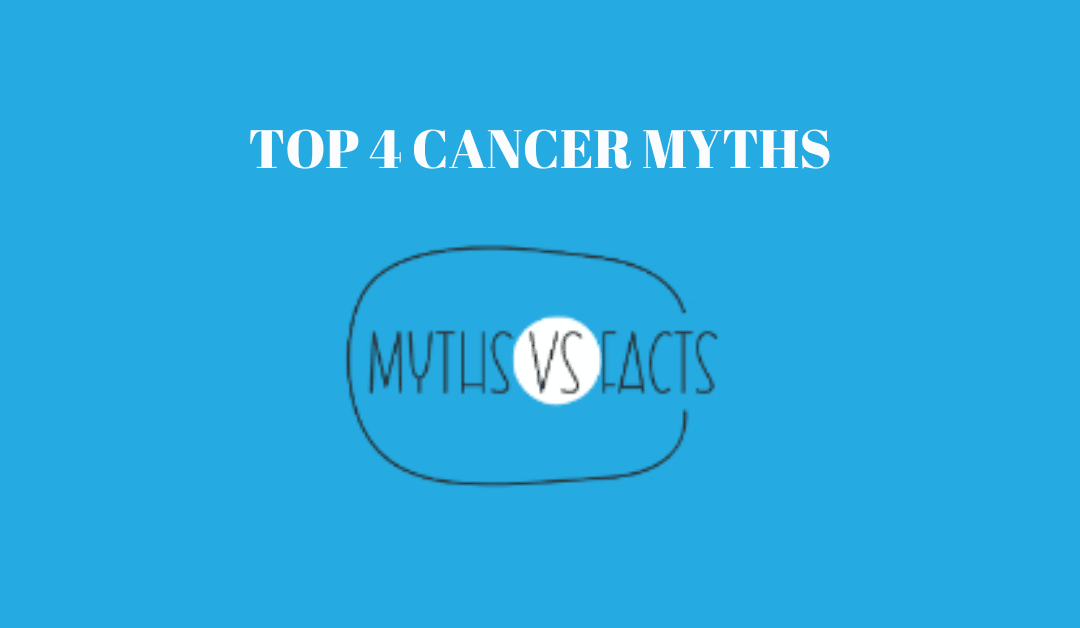
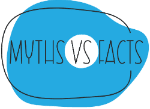




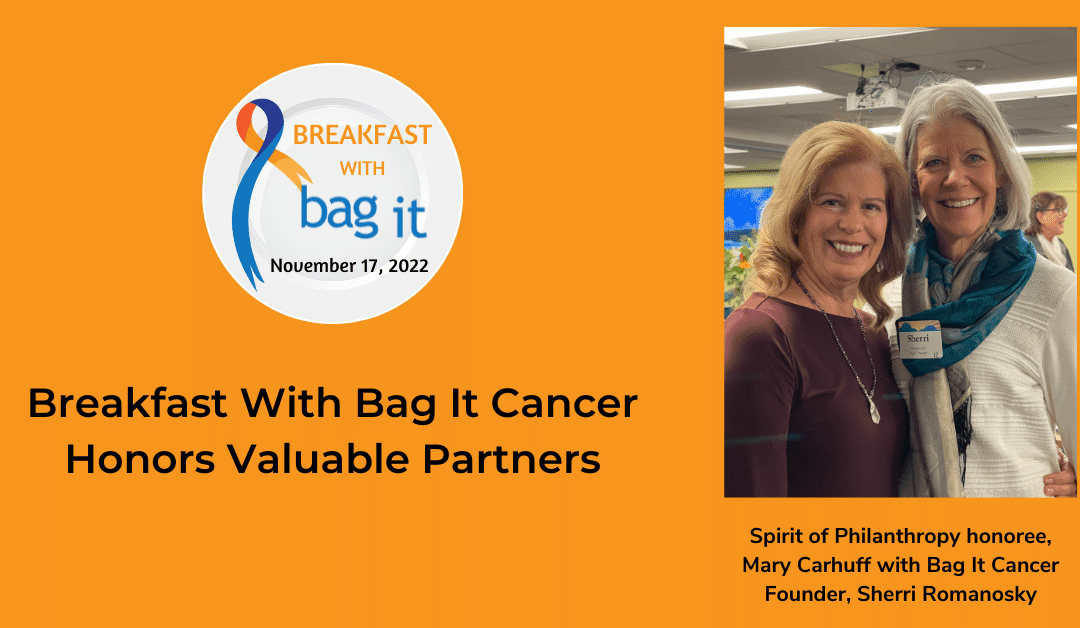
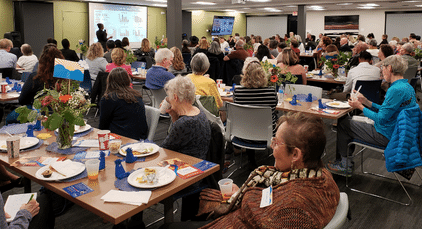
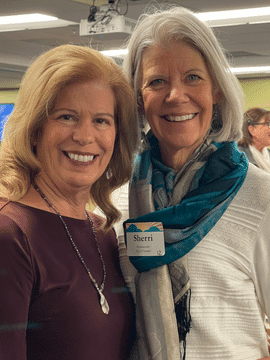


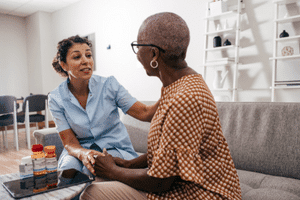

Recent Comments